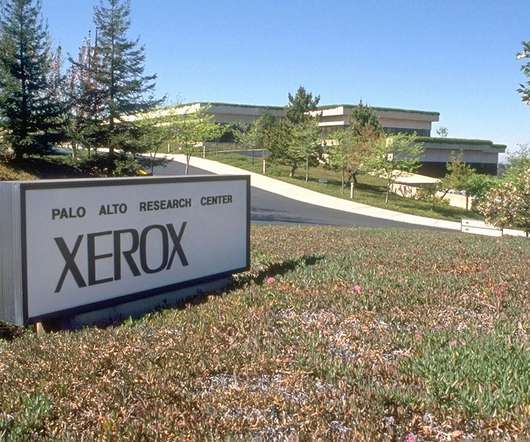DOE to award $35M to 24 projects to support early-stage, innovative technologies and solutions in advanced manufacturing
Green Car Congress
FEBRUARY 12, 2018
Colorado State University will develop a novel, low-cost turbo-compression cooling system that utilizes the ultra-low-grade waste (less than 150°C) heat available in many industrial processes, the energy from which is not traditionally recovered. Michigan State University. Dana-Farber Cancer Institute. Temple University. 2,089,647.













Let's personalize your content